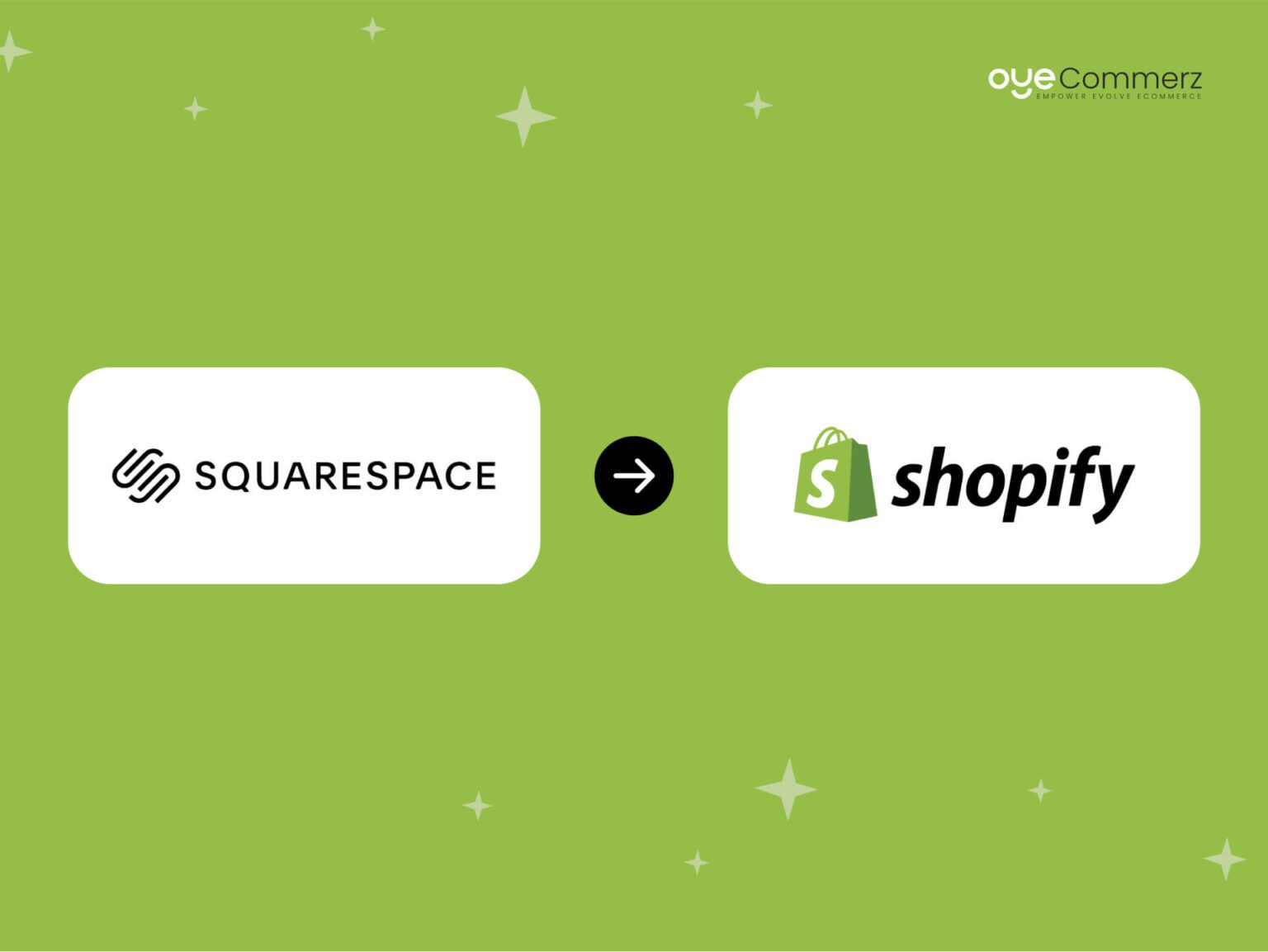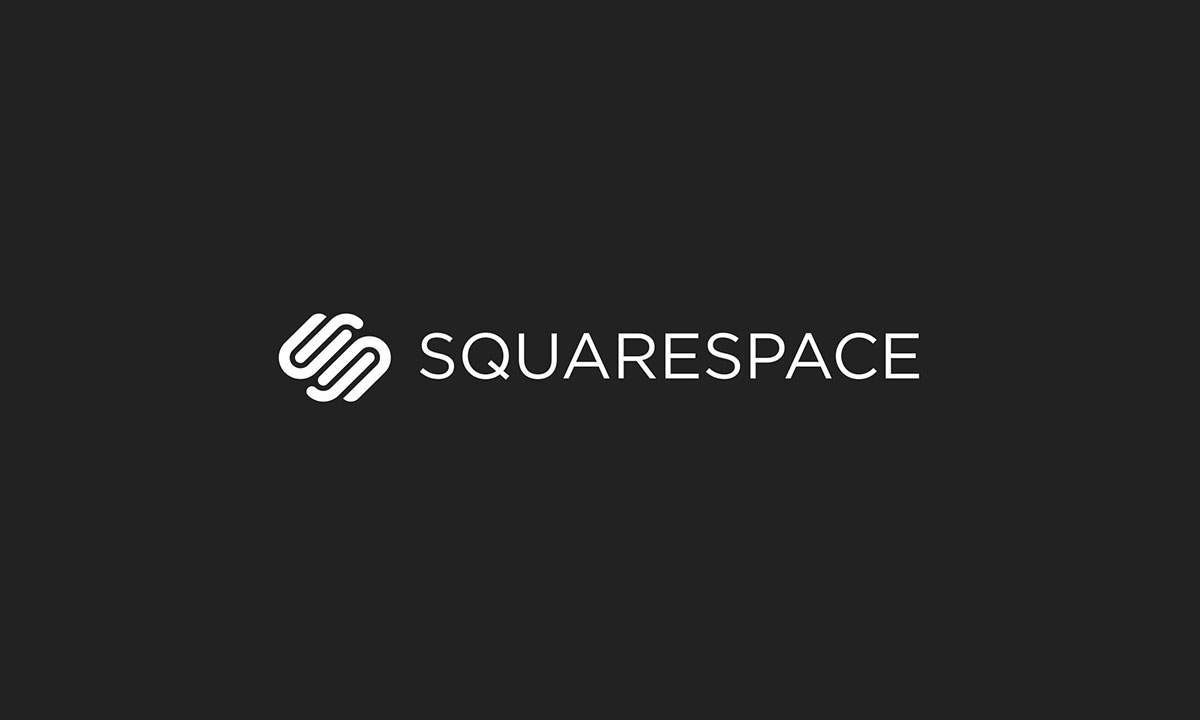Squarespace vs Shopify
A detailed comparison to help you choose the right platform for your online business.

A detailed comparison to help you choose the right platform for your online business.

Squarespace is a website builder designed for creatives and entrepreneurs. It offers elegant templates, built-in blogging tools, and integrated ecommerce features—ideal for visually striking websites with moderate store needs.

Shopify is a leading ecommerce platform focused on scalability and performance. With powerful tools, advanced inventory management, and hundreds of integrations, it’s ideal for businesses of all sizes looking to grow their online store.

| Features | Squarespace | Shopify |
|---|---|---|
| Primary Purpose | Website builder with basic ecommerce features | Dedicated ecommerce platform for online stores |
| Ease of Use | Simplified drag-and-drop editor | User-friendly but includes more advanced features |
| Design Templates | Highly aesthetic and design-forward templates | Functional and commerce-focused templates |
| Customization Options | Limited backend customization unless using Developer Mode | Full access to HTML, CSS, and Liquid code |
| Ecommerce Features | Supports small-scale ecommerce with limited features | Robust ecommerce tools including shipping, taxes, and inventory |
| Payment Gateways | Stripe, PayPal, Square | Shopify Payments + 100+ third-party gateways |
| Transaction Fees | No fees if using integrated payment gateways | Up to 2% unless using Shopify Payments |
| App Integrations | Limited third-party integrations and extensions | Extensive App Store with 6000+ apps |
| Marketing Tools | Built-in email campaigns and social media integrations | Advanced marketing integrations with automation and multi-channel sales |
| Blogging & Content | Strong blogging and content capabilities | Basic blogging tools, less emphasis on content |
| Customer Support | Live chat & email support | 24/7 live chat, email, and phone support |
| Analytics | Basic traffic and site performance analytics | Advanced ecommerce reports and performance tracking |
| Pricing Plans | $16–$49/month | $39–$399/month |
| Best For | Creatives, bloggers, small businesses | Serious ecommerce businesses and online retailers |
| Feature Area | Similarity Description |
|---|---|
| Website Building Tools | Both offer drag-and-drop website builders with modern, mobile-responsive templates. |
| Hosting Included | Both platforms include secure and scalable cloud hosting—no need to purchase separately. |
| SSL Certificates | Both provide free SSL certificates for encrypted, secure transactions and data protection. |
| Mobile Optimization | All templates and storefronts are fully optimized for mobile devices across both platforms. |
| Custom Domain Integration | Users can register, connect, or transfer custom domains on both platforms. |
| Abandoned Cart Recovery | Both offer automated abandoned cart recovery emails (on higher-tier plans). |
| Product Pages | Both allow for detailed product listings, including images, pricing, variants, and descriptions. |
| Inventory Management | Basic inventory tracking, stock alerts, and product variant management are included in both. |
| Discount Codes | Create and manage promotional codes, percentage-based or fixed amount discounts on both platforms. |
| Sales Tax Automation | Both offer tools to auto-calculate regional or international tax rates for orders. |
| Email Marketing | Both platforms support email campaigns and newsletter tools, with integration or built-in features. |
| SEO Tools | Custom page titles, meta descriptions, image alt text, and clean URLs supported on both platforms. |
| Analytics & Reporting | Basic performance analytics and integrations with Google Analytics are available in both. |
| Third-Party Integration | Integrations available with tools like Mailchimp, Zapier, social media platforms, and shipping providers. |
| Multi-Channel Selling | Both support selling through platforms like Facebook, Instagram, and other social marketplaces. |
| Digital Product Selling | Ability to sell digital goods like downloads, music, PDFs, or courses through both platforms. |
| Mobile Apps | Both have mobile apps for store management, order tracking, and real-time updates. |
After comparing both platforms, my personal preference is clearly Squarespace. It offers a seamless blend of design, ease-of-use, and functionality that’s ideal for creatives, entrepreneurs, and small businesses. Here’s why I choose Squarespace over Shopify: